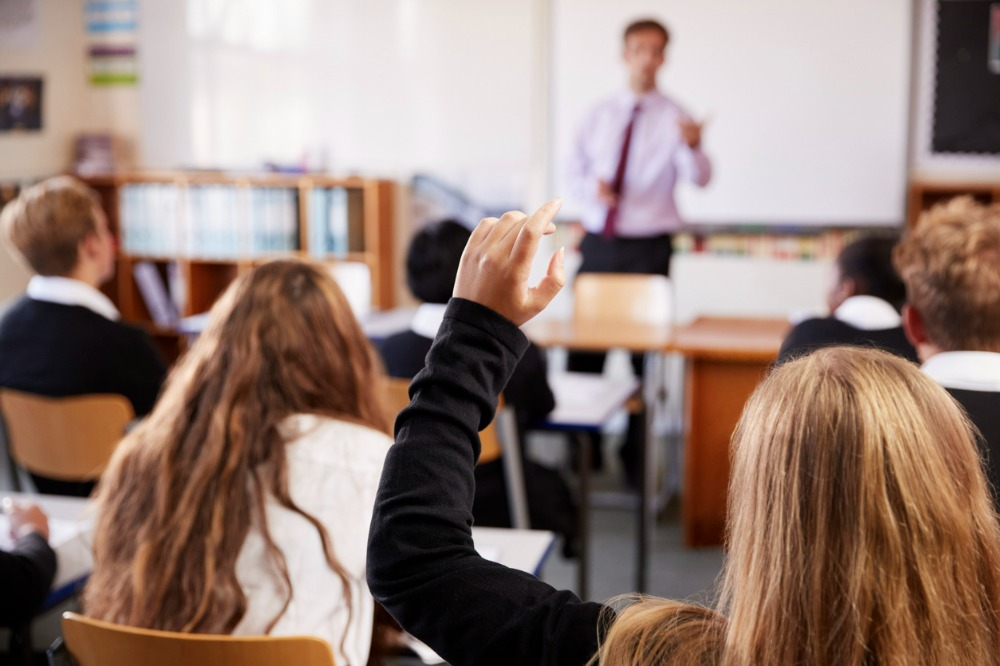
In a thought-provoking segment on ABC Radio Melbourne’s “What If Wednesday,” host Charlie Pickering tackled a contentious issue: the existence of private schools. The discussion invited listeners to ponder, “What if we banned private schools?” Elizabeth Farrelly, CEO of the Better Cities Initiative, and Professor Sue Nichols from the University of South Australia provided contrasting perspectives on this topic.
The case for banning private schools
Elizabeth Farrelly, an advocate for public education, made a compelling argument for banning private schools. She emphasized the potential benefits for society, suggesting that a universal schooling system could improve the quality and creativity of education across the board.
“Part of the argument is fairness,” Farrelly said. “But the bigger issue is about the kind of culture we are creating. If we could have a universal schooling system, then it would end the waste of talent.”
Farrelly highlighted the issues of elitism and social division that private schools can perpetuate. She argued that the perceived superiority instilled in students at elite private schools can contribute to negative behaviours, such as misogyny and prejudice.
She noted that ending private schools could go towards reducing tribalism where there are different religions and classes as well as avoid entrenching a sense of superiority and inferiority among students, describing these as unhealthy behaviours.
Drawing from the Finnish education model, Farrelly pointed out the high academic achievements and cultural benefits of banning private schools. In Finland, private schools were abolished in 1963, leading to significant educational reforms. Farrelly noted teachers were paid more and given greater respect, school days were reduced, and the focus shifted from quantity to quality.
Farrelly praised the results seen in Finland, noting “their results have rocketed up to the top of the international tables.”
The case for keeping private schools
On the other side of the debate, Professor Sue Nichols defended the existence of private schools, emphasizing the importance of diversity and choice in education. Nichols, who has a background in the state school system, argued that a one-size-fits-all approach would undermine social diversity.
“We have a diverse array of schools because we have a diverse community,” Nichols noted. She mentioned the Lutheran community in South Australia, noting these people came to the south as they wanted to practice their faith. “Because where they were living, that wasn’t possible. It wasn't safe for them,” she said.
Nichols also pointed out the standards upheld across all schools in Australia, both public and private. She stressed that the national curriculum and the Australian Institute of Teaching’s standards ensure a high level of education across the board.
“As a society, we need to support all of our schools, our teachers and our children. And we should support all of the education systems and resource them adequately,” Nichols said.
Nichols agreed that the state system has been under-resourced in recent years, calling for a rebalancing of resources. “I agree with people who say that the state system has not been adequately resourced of late. And that there’s some rebalancing that's required,” she noted.
Debate ongoing
The debate on private versus public schooling is complex and multifaceted. While Farrelly advocates the cultural and educational benefits of a universal schooling system, Nichols underscores the value of diversity and choice. As Australia continues to tackle issues of educational equity and quality, this conversation highlights the need for thoughtful consideration of both perspectives.


